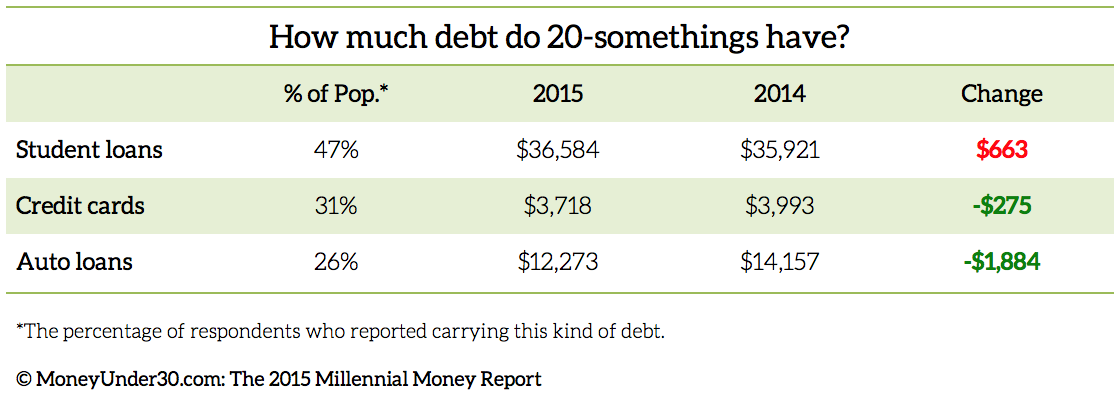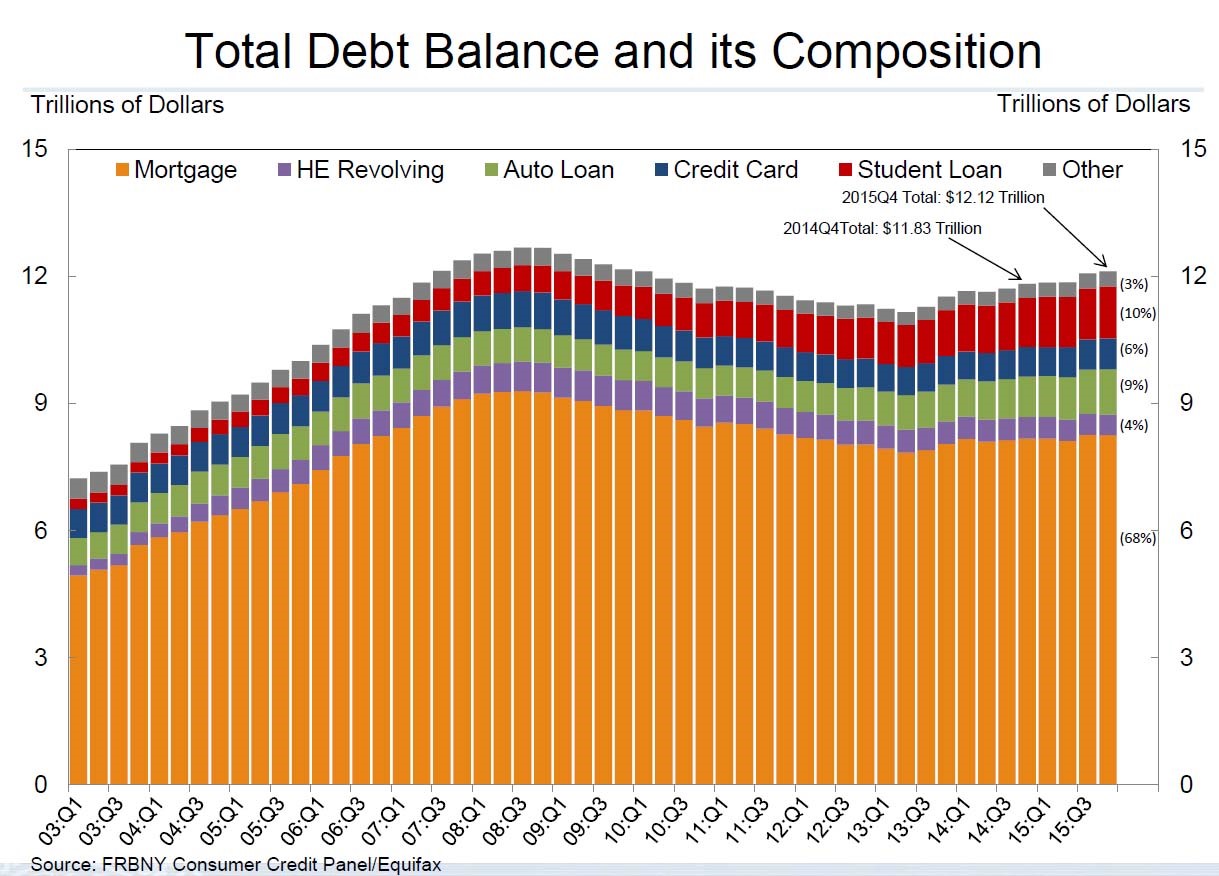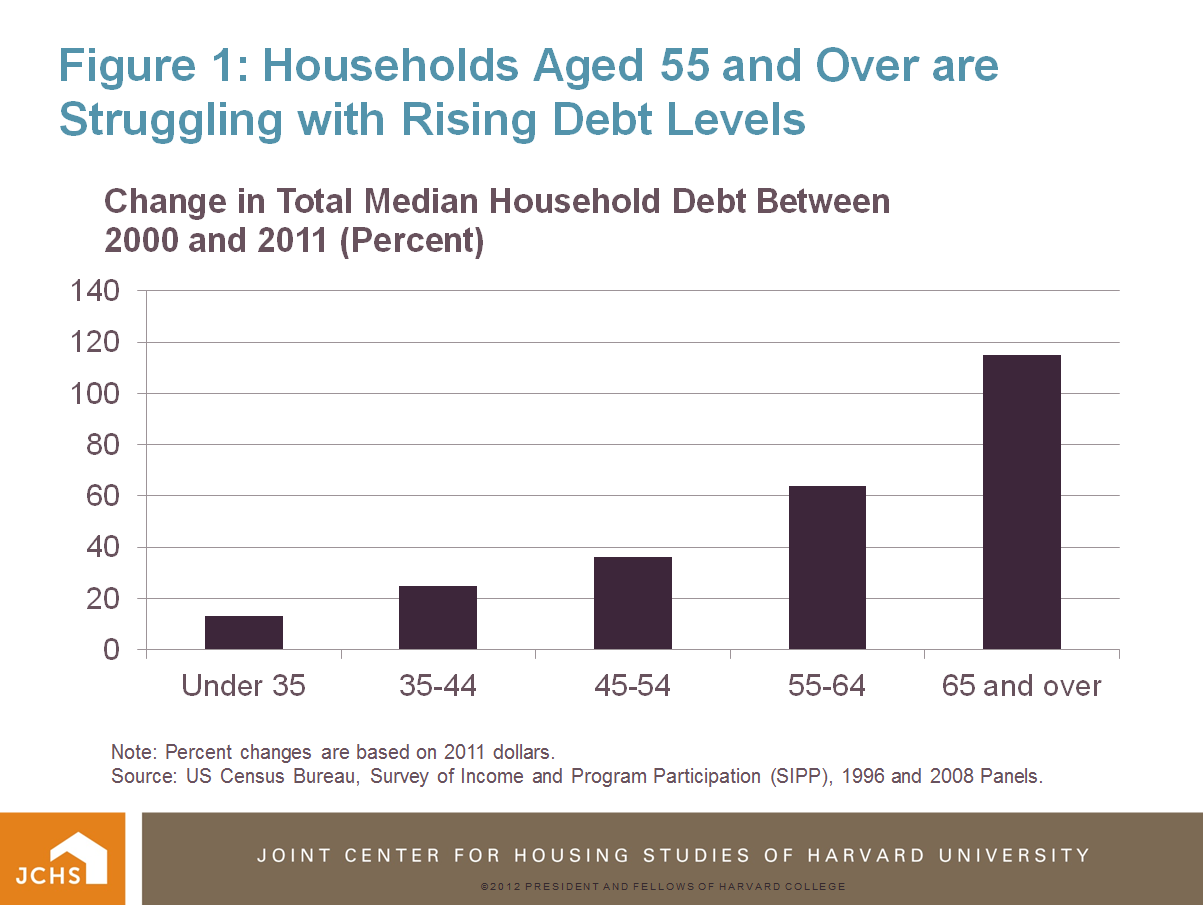Today we’re going to talk about a topic that might make you squirm – what happens to your debt when you die.
None of us like thinking about our mortality, but it’s important to know what happens to the debt we’ve accrued during our time here on earth.
Debt affects almost everyone in some form or fashion.
According to Credit.com, nearly eighty percent of Americans are in some form of debt.
Whether you haven’t finished paying off your mortgage, or you still have outstanding credit card bills, you need to know what happens when you’re no longer around to pay them.
It’s easy enough to dismiss debt as something that simply goes away when there’s no longer a living person attached.
That belief is false, and could land you, or your family in some hot water.
Read on to find out how you can help prepare yourself and your family for debt after death.
Who’s Responsible for Handling the Debts of the Deceased?
Most everyone has – or should have – a will or a last testament of some kind.
This legal document will establish a family member or a close friend who will take care of the deceased’s assets.
This person is called an executor.
If no agent has been determined before death, the state will appoint one. (Read more about that process here.)
- Part of an executor’s job is taking care of paying off the debts of the deceased. One thing they’ll have to do is alert phone companies and banks of the death so that late fees or other charges aren’t added to the account.
- The executor may need a copy of the deceased’s death certificate if the billing institution requests evidence of the death. After the deceased’s debts have been taken care of, then the assets that are left over can be distributed.
- Different types of debt are handled in a variety of ways. Responsibility for debt varies by state, so you’ll want to research your own state’s laws for debt collection following a death.
Let’s take a look at what happens to certain types of debt after death.
Credit card bills
As long as the account is in the deceased’s name only, then the deceased’s estate or remaining assets must take on the debt.
If the credit card account is a joint account, the other account holder will then become responsible for all of the debt.
While credit card companies may attempt to get in touch with other family members to resolve the debt, no one else can legally be held responsible for the debt.
This even includes someone who is authorized to use the credit card.
Credit card companies must now follow the Credit Card Act of 2009, which stipulates that the company must contact the executor as quickly as possible if there is an outstanding balance.
This new law has also made it illegal for lenders to add more fees to the deceased’s account following a notification of death. (Read the full law here.)
Student and other types of loans
What happens to your student loan debt after you die will depend on which type of loans you took out, as well as whether or not you had a co-signer.
If you took out a loan with a private lending institution, however, that system will handle the debt according to its provisions.
While some private lenders forgive debt after death, it isn’t common.
In this case, the estate becomes responsible for paying the debt. (In some states, the burden of the debt may fall on the spouse’s shoulders.)
If there is a co-signer on the loan, then that person must resolve the remaining debt.
Mortgages
One of two things will happen with an outstanding mortgage following a death.
Either the debt must be resolved in full by the assets in the estate, or the mortgage company has the right to repossess the property and put it back on the market.
If there is a co-owner, or if the deceased’s will stipulates that a loved one will inherit the property, then that person can take on the debt.
Medical bills
The estate must pay outstanding medical costs.
If there are not enough assets in the estate to cover the debt, it cannot be passed on to anyone else.
However, it’s always important to read the fine print of any medical document you sign thoroughly.
This is especially important if your loved one is in a nursing home.
Debt, Death, and Identify Theft
Stealing the identities of the recently deceased is quite a common practice among criminals.
If you’re the executor of the estate of a deceased person, it’s imperative that you get in touch with the federal credit bureaus to alert them of the death.
Of course, the agencies will become aware of the death on their own and update their databases accordingly.
However, as with most bureaucratic processes, this will take time.
That opens up the possibility for identity thieves to add more debt to the deceased’s account.
Wrapping Up

Now that you’ve got all the information you need on what happens to your debt after you die, you can prepare yourself and your family for the inevitable by following these guidelines:
- If you’re a family member of the deceased and a lender is attempting to persuade you to pay off that person’s debt, you have no obligation to pay it unless you’re a co-signer. (Or, in some states, a spouse.) In this case, contact the executor of estate immediately.
- Make sure you always read the fine print of any financial document you sign.
- Make sure you know your state’s laws for handling debt after death.
- Educate yourself on identity theft.
- It’s a good idea to establish a last will of testament as early as possible to save your family and loved ones from financial turmoil.



